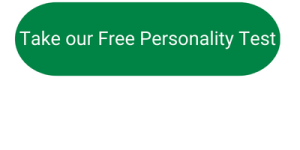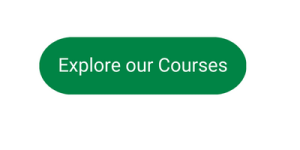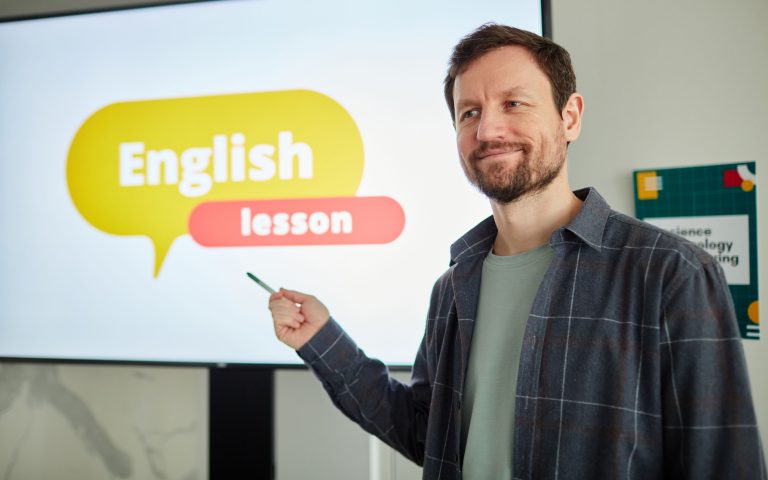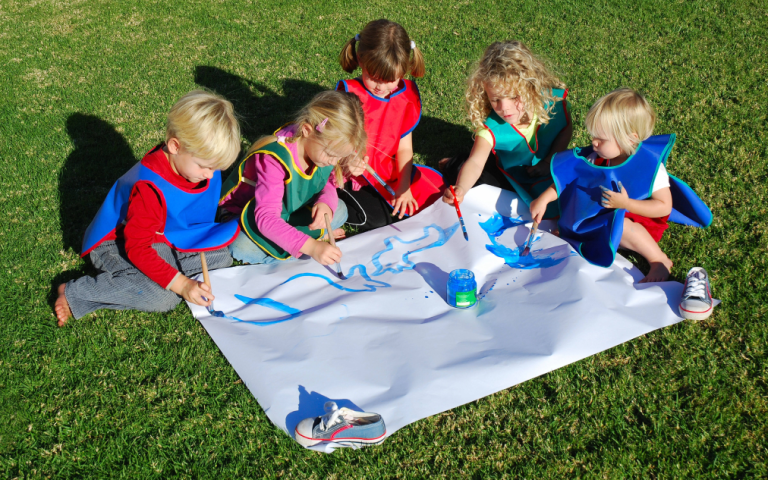Critical thinking skills are essential in today’s complex and rapidly changing world. Across every industry and in any position, the ability to bring abstract thought and consideration to a problem or situation is a requirement for growth and success. The good news is that critical thinking is a skill that can be honed, and this article outlines everything you need to know about it.
What is Critical Thinking?
Critical thinking is a cognitive process and skill that involves analysing, evaluating, and interpreting information thoughtfully and systematically. It’s the ability to organise information, question assumptions, consider multiple perspectives, and make informed decisions.
Information is everywhere. Any piece of information can include defects, misinformation, or be inaccurate or incomplete. With critical thinking, you actively go beyond simply accepting information at face value. Instead, you reconsider everything you read, see, hear, or know or misinformation, all to make more informed decisions and have a deeper understanding of the world around you.
The Importance of Critical Thinking
In today’s world, where everyone can publish information, true or false, we must learn how to navigate through the overwhelming amount of information available in today’s digital age. Here are a few reasons you should develop your critical thinking skills.
Problem Solving:
Critical thinking is a key component of effective problem-solving. Individuals with strong critical thinking skills can break down complex problems and situations into bite-sized parts, analyse each aspect, and come up with creative solutions.
Decision Making:
Strong critical thinking skills help you make informed decisions. Here, you can assess the evidence or information before you, explore alternatives and different perspectives, and anticipate and mitigate the consequences before making the final decision.
Avoiding Biases and Assumptions:
Another way critical thinking can benefit you is that it challenges you to face and overcome your biases, assumptions, and other false beliefs. Doing this opens your mind up to new perspectives and see things you may otherwise have missed before.
Promotes Creativity:
Regardless of whether you work as a creative or not, critical thinking skills and creativity work together. When you can think critically about existing ideas and concepts, you see things from a new angle and position yourself to come up with innovative and original solutions.
Improves Communication Skills:
We interact with individuals from all walks of life every day. Communication is not just a good skill to have, but coupled with critical skills, it enhances every interaction and communication with others. People rely on strong critical thinking skills to be able to articulate their thoughts, substantiate their views with support and evidence, and engage in constructive and lively discussions.
Additionally, many educational institutions and employers value and seek individuals who can approach challenges with a critical and analytical mindset.
How to Develop Critical Thinking Skills
The beauty of critical thinking is that it’s a learned skill that can be developed and refined over time through different learning opportunities, reading more, participating in discussions, or challenging yourself with problem-solving exercises. Here are some strategies to help you enhance your critical thinking skills.
- Ask questions: Often, people are afraid to ask questions because they’re afraid it will look like they don’t know. But you don’t know what you don’t know until you ask. Begin your journey to developing your critical thinking skills by welcoming inquiry and questioning. Ask “why” and “how” often will help you challenge presumptions and information you receive and help you seek deeper understanding.
- Be curious and inquisitive: Everyone has something to say, and everyone is convinced their way is the right and only way. Examine the legitimacy and conceivable biases of various viewpoints and information sources as you actively connect with them.
- Analyse all information: Don’t just analyse what is being said, but who is saying it. Develop the habit of deconstructing arguments to determine their logical coherence by breaking them down into premises and conclusions. Your analytical skills can be improved by participating in problem-solving activities and discussions with others who have different points of view.
- Take time to reflect: In the same way that others may not always be right, sometimes our thoughts are skewed and need introspection and reflection. Consciously and intentionally reflect frequently on your thought processes and prejudices and challenge them to reveal any underlying presuppositions.
- Embrace healthy scepticism: Become a constructive sceptic by adopting the stance of a person who looks for proof, exercises healthy scepticism, and masters the art of asking incisive questions.
- Collaborate with peers: We learn from others. Begin participating in deliberative conversations that challenge you to clearly state your positions and support them with evidence. When you do this, you will gradually improve your capacity for critical thought, and empower yourself to approach problems and decisions with a more discriminating and analytical mentality, through persistent practice, openness, and a commitment to learning.
- Don’t stop learning: Take and create opportunities to learn. Enrol in courses on online platforms like Alison that teach and equip you to develop your critical thinking skills like:
- Thinking Critically
- Problem Solving and Critical Thinking Skills
- Diploma in Soft Skill Development
- The Essence of Mindful Listening
- Winning with Communication – Master Your Communication Skills
You must actively participate in your intellectual development if you want to develop critical thinking skills. By immersing yourself in a variety of concepts and thought processes through substantial reading on a variety of topics and genres, you can broaden your horizons. Remember that the development of good critical thinking abilities is a lifelong process of self-reflection, education, and a readiness to change your beliefs based on reason and facts.
In summary, critical thinking is a dynamic and adaptable cognitive skill that enables individuals to approach complex problems, make informed decisions, and engage in thoughtful discourse. It’s a skill that can be cultivated and developed through practice, reflection, and exposure to a variety of experiences and viewpoints.










